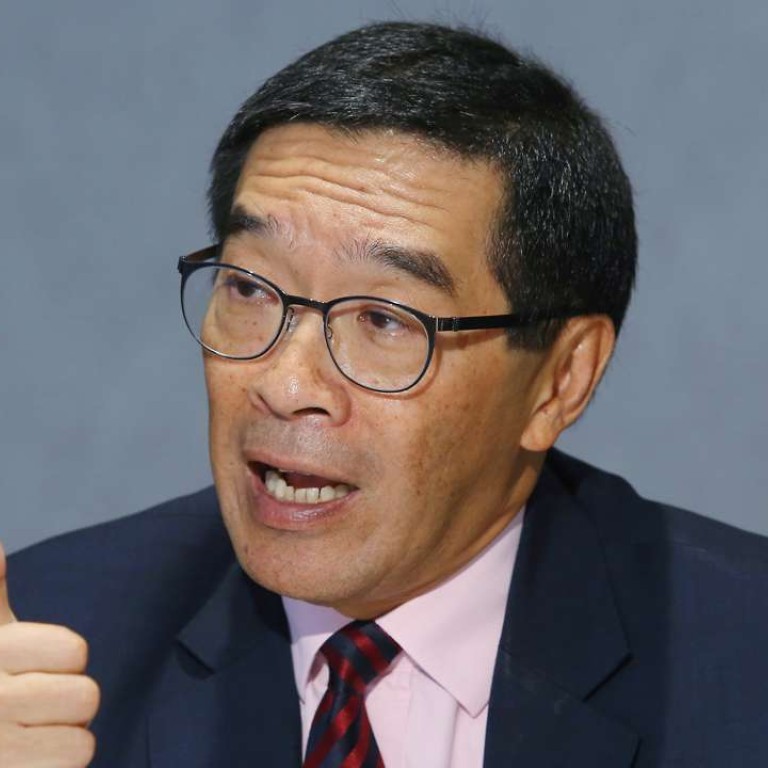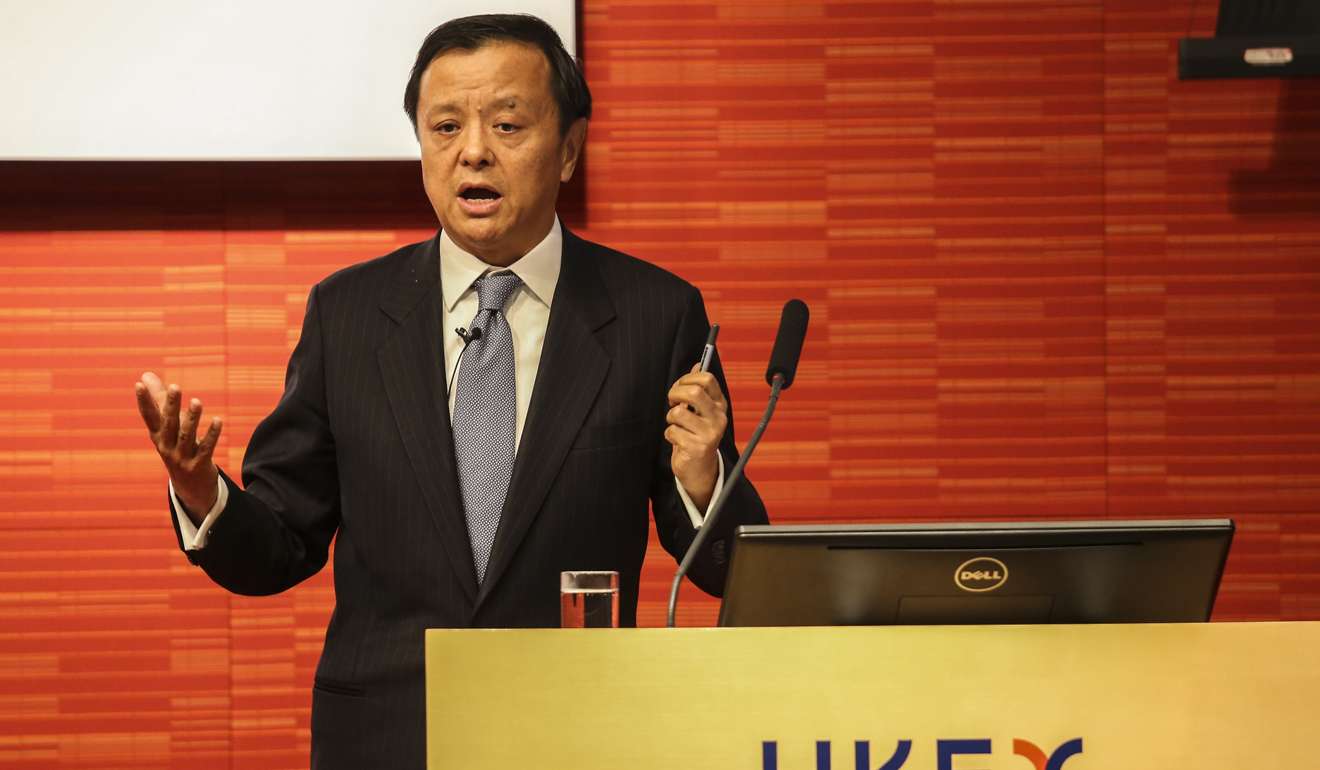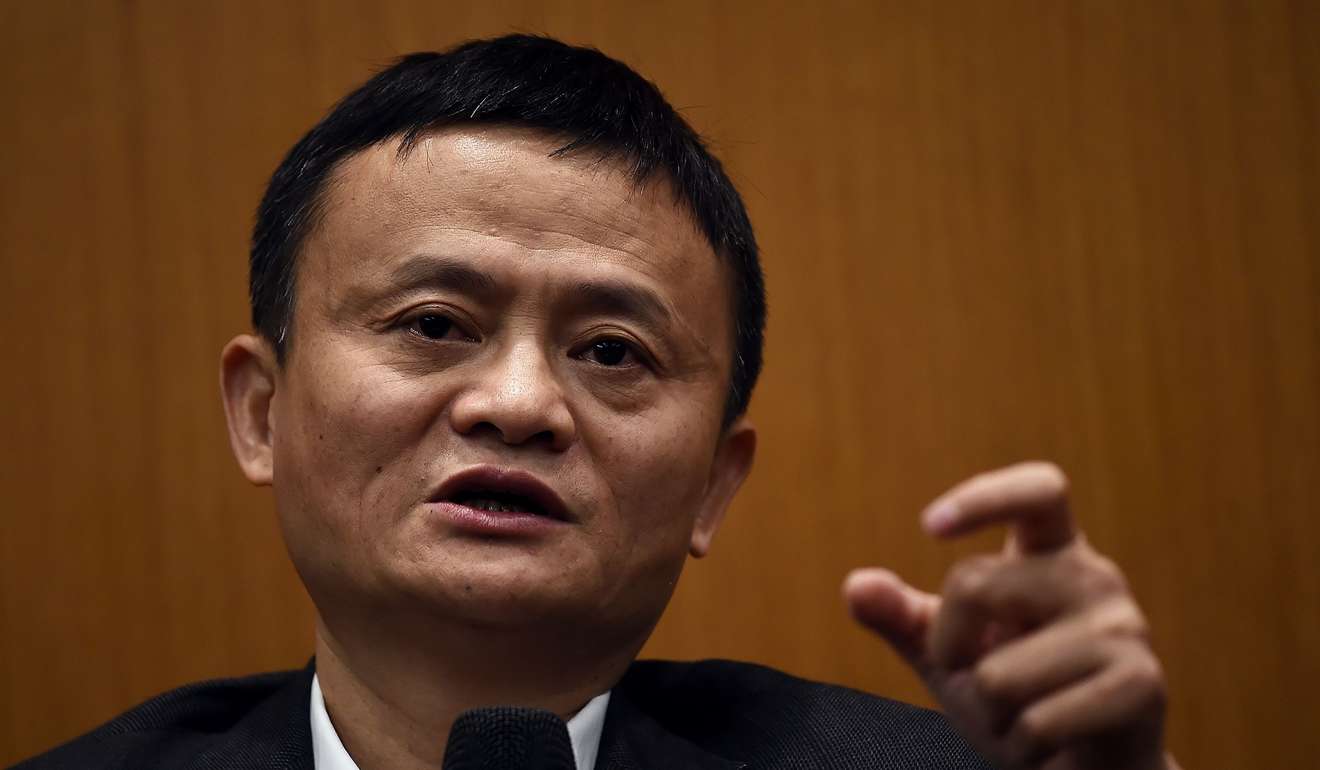
Hong Kong moves closer to dual-share listings as SFC backs consultation on third board
The long-standing ban on firms whose shares carry unequal rights is often cited as a barrier to lucrative listings, particularly by technology firms
Hong Kong has edged closer to allowing companies with a dual-class share structure to list on the stock exchange after the regulator backed plans for a public consultation.
The Securities and Futures Commission (SFC) said on Thursday it supported the local bourse’s proposed consultation exercise this quarter to gauge opinion on creating a third board aimed at technology start-ups and ‘new economy’ firms.
There are many new economy companies and start-ups that need to raise funds. Hong Kong needs to change its listing rules to tailor to their needs
The third board would for the first time permit dual-share listings, which afford one class of shareholder more rights than others. Their long-standing ban in Hong Kong is widely seen as a barrier to potentially lucrative initial public offerings, particularly by technology firms.
The SFC’s decision to back the move represents a U-turn by the regulator, which two years ago rejected a stock exchange plan to consult the market on introducing the dual-share structure as it considered the proposal at the time did not carry sufficient investor protection measures.
Hong Kong Exchanges and Clearing chief executive Charles Li Xiaojia in January suggested launching a new third board with more relaxed listing rules than the main board and the Growth Enterprise Market (GEM).

“The SFC supports the consultation to allow the public to share their views on the dual-shareholding structure,” said Carlson Tong Ka-shing, chairman of the SFC at a media lunch on Thursday. “The SFC will be open minded to listen to the market comments. However, the regulator will only agree with any listing rule changes if it would develop the market and provide sufficient investor protection measures.”
Tong said the SFC took a different attitude to the consultation this time around because the dual shareholding companies would only be listed on the third board. Two years ago, the proposed changes would have applied to companies listed on the main board.
“We also need to consider the worldwide trend,” he said. Singapore’s stock exchange last October said it planned to consult the market on allowing dual shareholding companies to list.
Many global internet firms such as Google trade their shares using a dual-class structure, which is permitted in the United States. It is favoured by many start-ups because their founders often hold only small stakes but want to keep control.
Many observers believe Hong Kong’s stock exchange has missed out on billions in annual listing and trading fees due to its refusal to allow such listings on the grounds that they would violate the long-held principle of “one share, one vote”.

Alibaba chairman Jack Ma has since said that Hong Kong’s listing regime is outdated and does not meet the needs of new-economy companies.
Market players have mixed views on the issue, with listed firms and investment bankers preferring a dual-share structure while fund managers generally oppose it as they believe it is not fair to all investors.
“There are many new economy companies and start-ups that need to raise funds. Hong Kong needs to change its listing rules to tailor to their needs,” said Christopher Cheung Wah-fung, a lawmaker for the financial services sector, who support the dual-share proposals.
Tong said the third board consultation should be accompanied by a review of the role of the GEM, Hong Kong’s second board.
The GEM was set up in 1999 with the intention to attract technology firms to list, but it has failed to do so, now acting only as a stepping stone for smaller firms while they wait to grow big enough to move to the main board. Many new listings on the GEM have seen their share prices fluctuate wildly.
“After setting up the third board, we need to find a new role for GEM. Many companies only take GEM as a short cut to list on the main board. We need to make changes to address the problems of this market,” Tong said.

